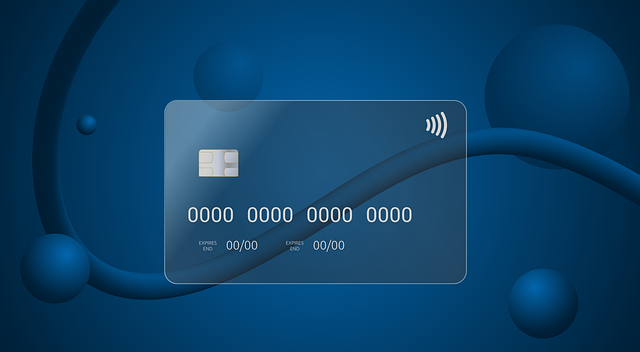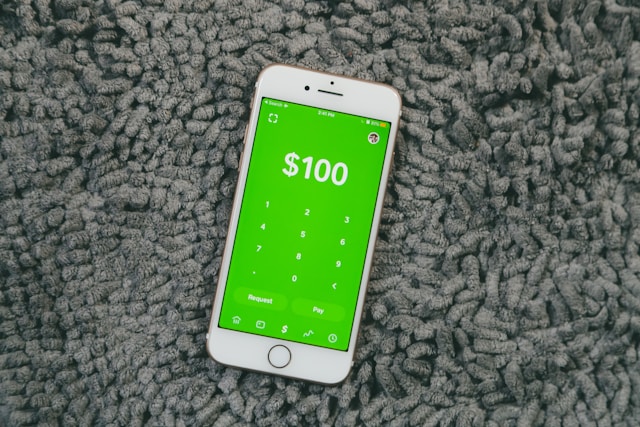Freelancing and remote work have redefined how millions of people manage their careers and finances. With no traditional office or centralized payroll, financial independence and flexibility become crucial. One digital tool gaining traction among remote professionals is the virtual card—an online payment solution offering speed, security, and control. But is it the right fit for freelancers and remote workers?
From managing client payments to organizing business expenses, the financial responsibilities of freelancers are as varied as their job titles. This growing need for adaptable financial tools has led many to platforms like zil.us, which provide solutions designed to meet the demands of independent professionals.
A virtual card is a digital version of a payment card, typically generated through an app or online platform. Unlike a physical debit or credit card, it exists only in digital form and can be used for secure online purchases and payments. For freelancers and remote workers who operate largely in the digital world, this could be a game-changing tool.
Why Freelancers Need Smarter Payment Tools
Working outside the structure of a traditional job means freelancers often juggle multiple income sources, currencies, and financial tasks. A virtual payment method can help simplify these complexities. With instant generation, quick deactivation, and the ability to create multiple cards for different purposes, virtual cards empower freelancers to stay financially organized and protected.
Security is another critical factor. Freelancers frequently subscribe to online services, pay contractors, or purchase tools from various platforms. Using a virtual card adds a layer of safety by keeping the main account information private and allowing disposable cards for one-time transactions.

Top Benefits for Remote Professionals
Remote workers benefit from digital tools that support mobility, autonomy, and efficiency. A virtual card aligns well with this lifestyle by allowing easy management of work-related expenses from anywhere in the world. Here’s how it adds value:
- Expense Segregation: Create separate cards for specific clients, projects, or subscriptions to simplify budgeting and tracking.
- Instant Access: Generate a card instantly without waiting for physical delivery—ideal for fast-moving project needs.
- Geographic Flexibility: Pay international vendors or use global services without the restrictions of a physical card.
- Custom Controls: Set spending limits, expiration dates, or usage regions to stay in control of every transaction.
With more remote workers setting up their own businesses or digital offices, these features offer greater independence in managing money professionally and efficiently.
Potential Drawbacks to Consider
Despite the advantages, virtual cards may not suit every scenario. Physical purchases, ATM withdrawals, and some in-person transactions require a traditional card. While mobile wallets can bridge this gap, compatibility still varies by region and vendor. Freelancers should evaluate how often they need physical access to funds or make offline payments before fully switching to digital cards.
Another limitation is acceptance. Although many online platforms accept virtual cards, some government portals or older systems may not. Before relying solely on digital methods, freelancers should ensure their most-used platforms are compatible.

Finding the Right Fit
Ultimately, whether a virtual card is the right choice depends on the nature of a freelancer’s work and spending habits. Those working fully online, managing international clients, or handling frequent small purchases are more likely to benefit. On the other hand, freelancers who operate in-person or depend on cash access might find it useful only as a supplementary tool.
Virtual cards also make it easier to stay disciplined with spending. For freelancers building a business or managing variable income, setting defined card limits can help avoid financial overreach and ensure greater budget control throughout the month.
In conclusion, virtual cards offer a forward-thinking solution that aligns well with the lifestyle of many freelancers and remote workers. When paired with good financial planning and the right platform, they can enhance security, simplify expenses, and support a more flexible professional life. With thoughtful integration, these tools can become an essential part of any freelancer’s digital toolkit.




